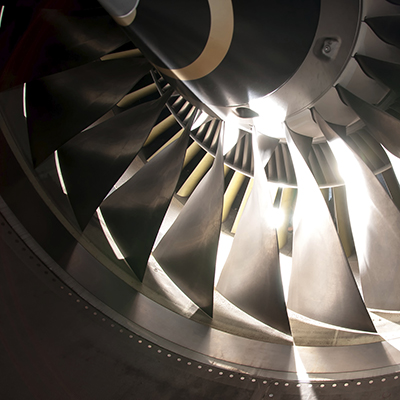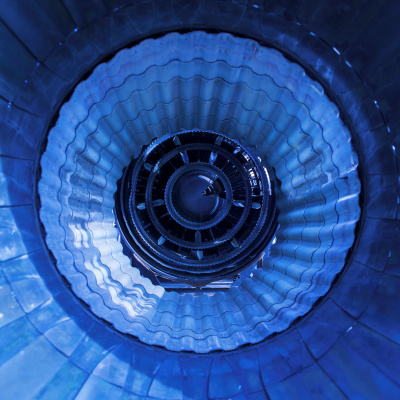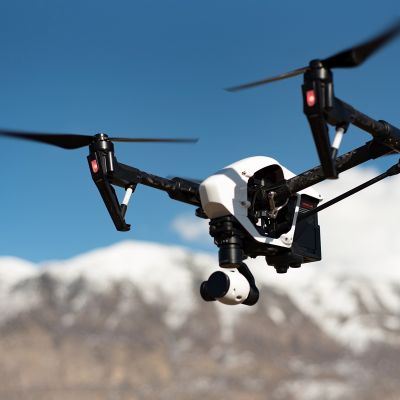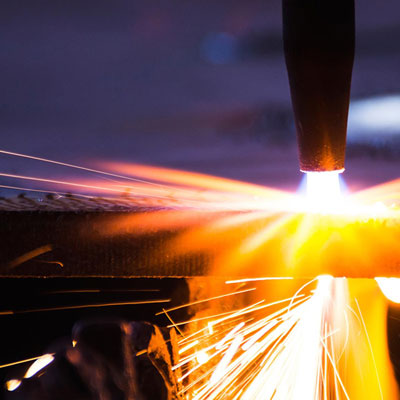The Cranfield Air and Space Propulsion Institute (CASPI) sits right at the core of Cranfield’s research and technology. Recognising a wider need for promoting research and innovation within a fast-changing technology landscape, CASPI has been set up as a virtual, pan-university activity to help accelerate developments in aerospace towards a more sustainable future. Consultation with industry, government and research organisations, has highlighted the requirement for innovation beyond the ‘established horizon’. Key objective of CASPI is to provide industry and academia with a pre-competitive environment for collaboration. With research that spans a wide range of disciplines and sectors, the Institute seeks to accelerate the inception and development of new, revolutionary technologies for use in various air and space applications.
CASPI, in collaboration with its industry and academic partners, seeks to develop new solutions in a number of ‘traversal’ technology areas, such as sustainable fuels, combustion, materials, controls, electrification, fundamental aerodynamics, thermal management, systems integration, and others. These are expected to have a wide impact across a number of aerospace sectors, with particular focus on:
- Space Flight
- Hypersonic Sub-orbital Flight
- Supersonic Flight
- Subsonic Flight
- Urban Air Mobility
CASPI Key Objectives
- Provide a forum for industry (and government) to collaborate, in a pre-competitive environment, on the exploration of new technologies to make future air and space propulsion and power systems sustainable
- Help promote research at low TRL, but also accelerate high-risk and potentially high-reward solutions, to full system technology demonstrators and prototypes
- Leverage the efforts of government, industry and research community, to provide the technical skills and funding required to design, build and test representative technology demonstrators.
CASPI Expected Outcomes
- New innovative technology solutions
- Patents, IP mapping and protection
- Rapid prototyping and testing
- Technical resource and skillset development to tackle future cross-sector challenges
- Student and skilled personnel (professional) training
- Accelerated technical progress
- Growth underpinned by science and innovation
Last November, working closely with one of our partners, we were absolutely thrilled to facilitate a successful rocket engine test at Cranfield’s Ordnance Test and Evaluation Centre (COTEC).
Below are some useful links to online articles and video captured during the tests at COTEC:
- Nuclear fusion firm Pulsar fires up a UK-built hybrid rocket engine
- British rocket test: UK company Pulsar demonstrates green, high power rocket engine
- Pulsar Fusion UK Rocket Test
CASPI is supported and interacts strongly with all the Centres of Excellence within the School of Aerospace, Transport and Manufacturing at Cranfield, Cranfield’s Ordnance Test and Evaluation Centre (COTEC), as well as Cranfield’s Defence Aeronautics and Space (CDAS). There are currently more than 25 industry, government and academic organisations in the CASPI Science Technology and Advisor Board.



.ashx?bc=white&iar=true&w=400&h=400&la=en&hash=D3DE0814B819CBF8E8340F5A1AB4EB9548BF33A1)





